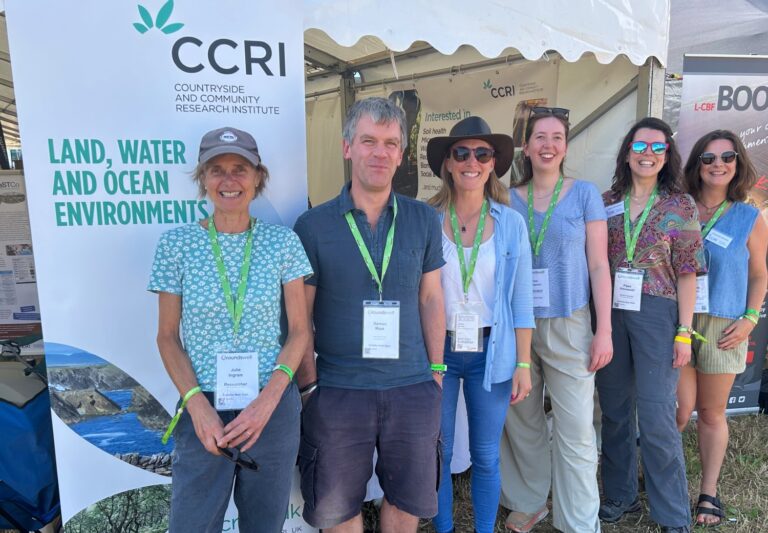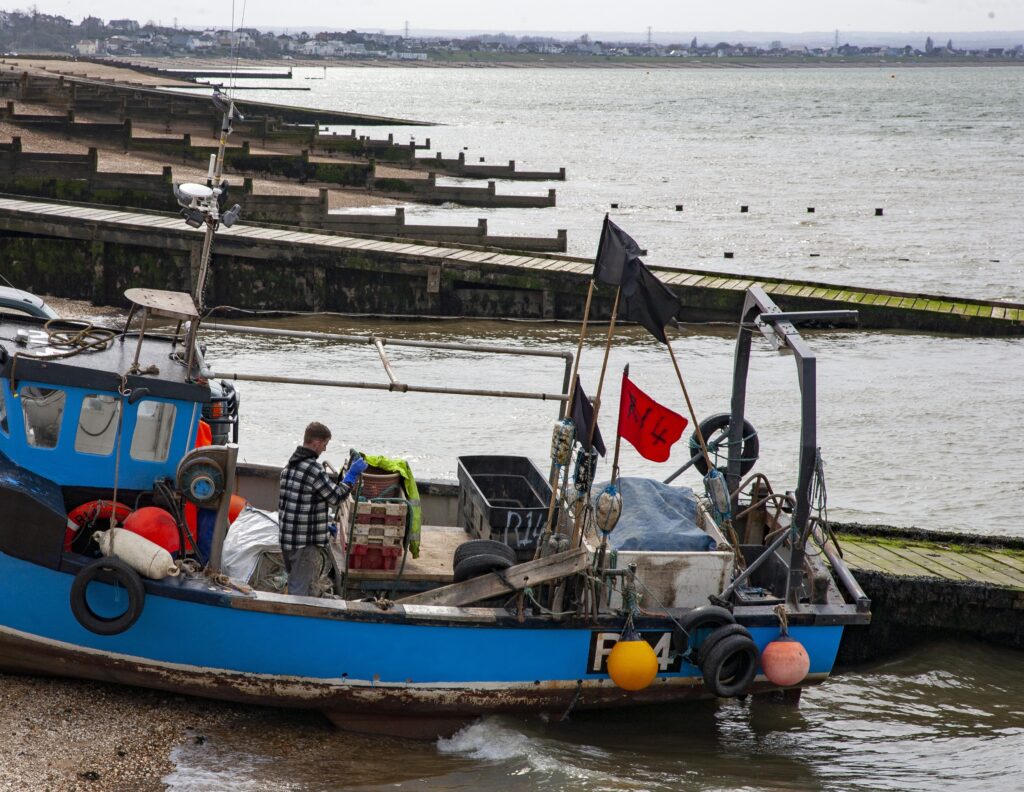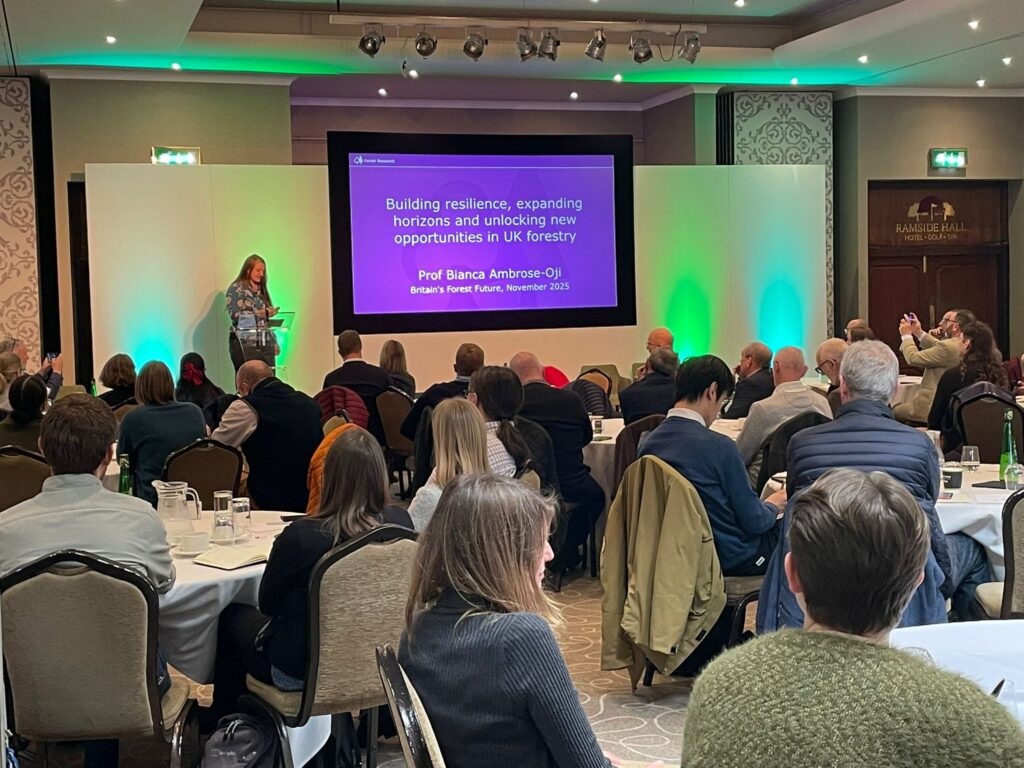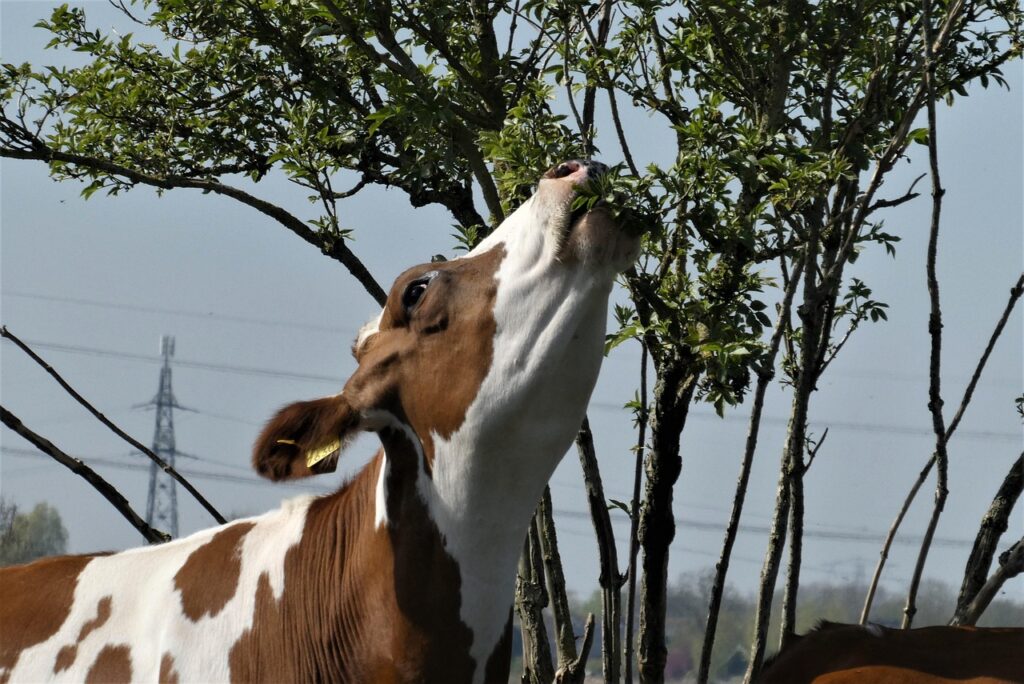In early July, a team from CCRI attended the ninth ‘Groundswell’ festival. The event provides a forum for farmers and anyone interested in food production or the environment to learn about the theory and practical applications of Conservation Agriculture or regenerative systems, including no-till, cover crops and re-introducing livestock into the arable rotation, with a view to improving soil health.
Over its nine years, it has become firmly established as a popular event to showcase Regenerative Agriculture with thousands of delegates attending ranging from farming organisations, agricultural companies, academics, NGOs amongst many others.
The CCRI attended for the third year with a stand conveniently located close to one of the main exhibition tents which meant for a steady stream of engagement with visitors, many of whom were familiar faces. A range of researchers from CCRI attended who were promoting a broad range of projects related to the ethos of Groundswell.
Amongst those promoted were the European Union Horizon 2020 projects SPRINT (Sustainable Plant Protection Transition) and MINAGRIS (MIcro- and NAno-Plastics in AGRIcultural Soils). SPRINT aims to develop a Global Health Risk Assessment Toolbox to assess impacts of Plant Protection Products on environment and human health and to propose several transition pathways. MINAGRIS is also researching in a similar area as it is assessing the impact of plastic debris in agricultural soils on biodiversity, plant productivity and ecosystem services and their transport and degradation in the environment.
Charlotte Chivers shared findings from her work on CaSTCo, where she is looking into the potential of embedding aspects of co-design in citizen science projects. She raised awareness about two CaStCo projects, River Guardians and Soil SmART, which has worked with farmers to carry out soil monitoring based on their identified interests and concerns. A series of instruction sheets have been developed so that anyone can look into their soil health – these can be accessed here. This is where further project outputs will be posted.
Damian Maye and Pippa Simmonds promoted ‘Towards Resilient Industrial Socio-Metabolic Relations of Chicken’ (TRI-SoMe CHICKEN) examines the benefits and harms of an industrialised food system to communities of humans, animals, microbes, and the environment.
Julie Ingram promoted the Land Use for Net Zero (LUNZ) Footprint project is a Greenhouse Gas Accounting Living Lab. This brings 100 farmers together with researchers, policymakers, retailers, processors, advisers, and land agents to co-design a scalable auditable GHG footprinting process to sustainably and equitably reduce GHG emissions. Aligned with this was PhD student Chloe Thompson, who piloted a serious game to engage farmers in how to design a farm to reach net zero.
Elsewhere, Josh Davis proposed and contributed to a lively panel discussion with the Wildlife Trusts on the future skills needed for regenerative agriculture, bringing together voices from policy, practice, and education to explore how we build capacity for nature recovery’s — a conversation grounded in his ongoing PhD research. A full recording of the panel session which featured Josh is available below.




